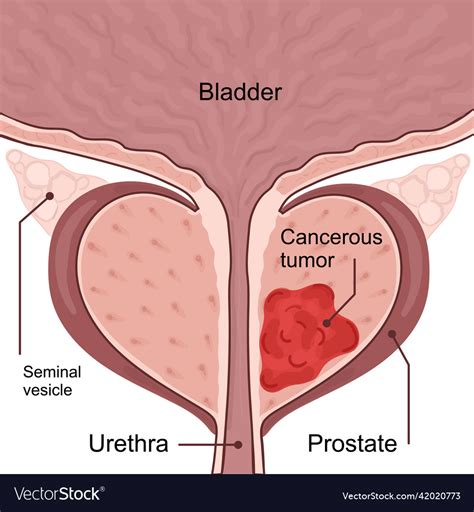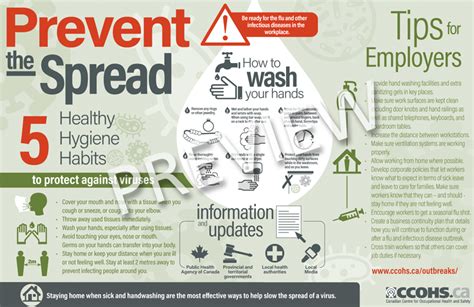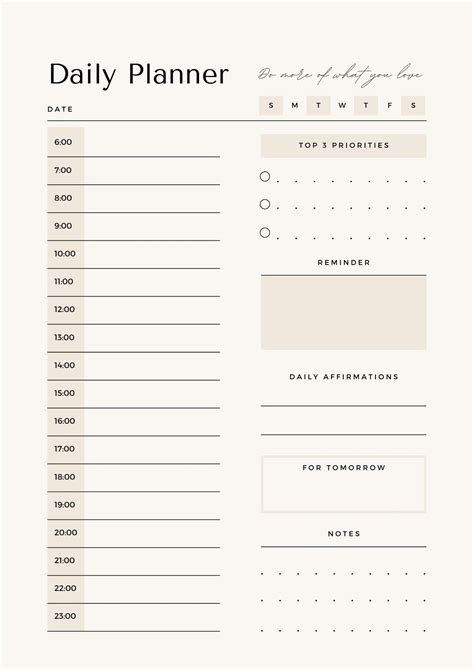What is the recommended frequency for men over 50 to discuss prostate health screenings with their doctor?

Navigating Prostate Health Discussions After 50
For men reaching their fifth decade and beyond, prostate health becomes an increasingly important topic in routine medical conversations. While the landscape of prostate cancer screening has evolved significantly over the years, the ongoing dialogue with a healthcare provider remains paramount. Understanding when and how often to discuss screenings like the Prostate-Specific Antigen (PSA) test and digital rectal exam (DRE) is key to making informed decisions about one’s health.
Why Prostate Health Matters as Men Age
As men grow older, the risk of developing prostate issues, including benign prostatic hyperplasia (BPH) and prostate cancer, increases. Prostate cancer is one of the most common cancers among men worldwide, making early detection and appropriate management strategies critical. However, screening decisions are not always straightforward, balancing the benefits of finding aggressive cancers early against the risks of overdiagnosis and overtreatment of slow-growing, non-lethal cancers.
Current Screening Recommendations: A Shifting Landscape
There isn’t a single, universally recommended frequency for all men over 50, primarily due to the ongoing debate and evolving guidelines from various medical organizations. Instead, the emphasis has shifted towards shared decision-making. This means that men, in consultation with their doctors, should weigh their individual risk factors, personal preferences, and the potential benefits and harms of screening.

General Guidelines for Discussion Frequency
- Initial Discussion (Age 50): For men with an average risk of prostate cancer, most guidelines suggest beginning discussions about screening around age 50.
- High-Risk Individuals (Age 40-45): Men with a higher risk (e.g., African American men, or those with a first-degree relative diagnosed with prostate cancer before age 65) should start these conversations earlier, typically between ages 40 and 45.
- Subsequent Discussions: Once screening begins, the frequency of future discussions and tests often depends on initial PSA levels and other risk factors. For example, men with a low PSA might be advised to retest every two years or even less frequently, while those with higher or rising PSA levels may require annual testing or more frequent follow-ups.
Factors Influencing Screening Frequency
Several factors contribute to determining the most appropriate screening schedule for an individual. These include:
- Age: The benefits of screening generally decrease for men over 70, especially those with significant co-existing health conditions, due to the slow-growing nature of many prostate cancers.
- Family History: A strong family history of prostate cancer significantly increases personal risk.
- Ethnic Background: African American men are at a higher risk of developing and dying from prostate cancer.
- Previous PSA Results: Baseline and subsequent PSA levels play a crucial role in tailoring future screening intervals.
- Overall Health and Life Expectancy: A man’s general health and life expectancy are important considerations, as screening benefits are most pronounced for those expected to live at least 10-15 more years.

What to Discuss with Your Doctor
When you sit down with your doctor, be prepared to have an open conversation about your personal health profile. Key discussion points should include:
- Your Personal Risk Factors: Share any family history, ethnic background, and lifestyle factors.
- Symptoms: Report any urinary changes, pain, or other symptoms you may be experiencing, though early prostate cancer often has no symptoms.
- Pros and Cons of Screening: Understand the potential benefits (early detection of aggressive cancer) and harms (false positives, unnecessary biopsies, anxiety, and potential side effects from treatment for slow-growing cancers).
- Your Preferences: Express your comfort level with potential medical interventions and your personal health philosophy.

The Role of Regular Check-ups Beyond Screening
Even if you and your doctor decide against regular prostate cancer screenings, ongoing general check-ups are vital. These appointments offer opportunities to discuss other aspects of men’s health, monitor for symptoms that might suggest prostate issues (regardless of cancer risk), and ensure a holistic approach to your well-being. Regular physical examinations, blood pressure checks, and discussions about diet, exercise, and mental health all contribute to a comprehensive health strategy.

Conclusion: Empowering Proactive Health
Ultimately, the recommended frequency for men over 50 to discuss prostate health screenings is not a fixed number but a personalized plan developed in collaboration with your doctor. It’s an ongoing conversation that may change over time based on new research, your evolving health status, and your personal values. Being proactive, staying informed, and maintaining open communication with your healthcare provider are the most effective strategies for navigating prostate health and ensuring the best possible outcomes for your long-term well-being.









